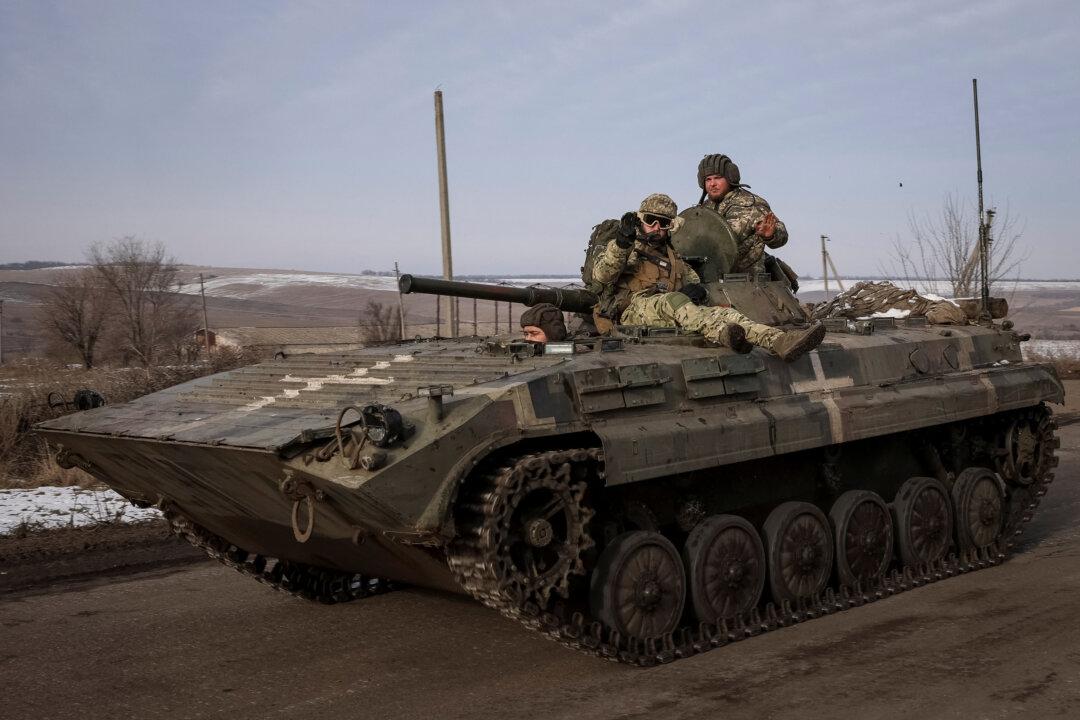The Chinese communist regime’s cease-fire proposal for the Russia-Ukraine war has met with skepticism as the international community questions the regime’s neutrality.
Experts said the regime is using the peace deal to divide the West.

The Chinese communist regime’s cease-fire proposal for the Russia-Ukraine war has met with skepticism as the international community questions the regime’s neutrality.
Experts said the regime is using the peace deal to divide the West.